China said on Tuesday that it will sanction a United States company and two individuals as a countermeasure to sanctions the U.S. has imposed on Chinese officials and companies over so-called human rights issues in the Xinjiang Uygur autonomous region.
Subject to China's sanctions are U.S. intelligence data company Kharon, its director of investigations Edmund Xu, and Nicole Morgret, a former researcher at the Center for Advanced Defense Studies, Foreign Ministry spokeswoman Mao Ning said.
Kharon has long collected sensitive information about Xinjiang, and provided so-called "evidence" for the U.S.' illegal sanctions, Mao said at a news conference.
China will freeze movable, immovable and other kinds of assets of the company, Xu and Morgret in China, and prohibit organizations and individuals in China from conducting transactions and cooperation with them.
Xu and Morgret will also be prohibited from entering the Chinese mainland and the Hong Kong and Macao special administrative regions.
On Dec 8, the U.S. issued a Xinjiang-related human rights report, and sanctioned two Chinese officials and three Chinese companies. China, in response, vowed to take countermeasures.
Mao said that China has made strong protests to the U.S., which interfered in China's internal affairs, vilified China, and harmed the lawful rights and interests of Chinese officials and companies by spreading false narratives on Xinjiang and imposing illegal sanctions.
She urged the U.S. to stop smearing China, revoke its sanctions, and stop implementing wrongful acts, such as the "Uyghur Forced Labor Prevention Act".
"If the U.S. refuses to change course, China will not flinch and will respond in kind," Mao said.
In another development, China also deplored the U.S. adoption of the National Defense Authorization Act for Fiscal Year 2024.
The U.S. should not implement the act's negative China-related content, or China will take resolute and strong measures to safeguard its sovereignty, security and development interests, Mao said.
The act, which was signed into law last week, says the U.S. should continue to lend military support to the Taiwan region.
Mao urged the U.S. to deliver on its leader's promise of not supporting "Taiwan independence", stop manipulating the Taiwan question, and stop jeopardizing peace and stability across the Taiwan Strait.
She also slammed the act for picturing China as a threat, cracking down on Chinese companies and restricting China-U.S. trade and people-to-people exchanges.
The U.S. needs to abandon the Cold War mentality and ideological prejudice and create a favorable environment for China-U.S. cooperation in trade and other sectors, she added.














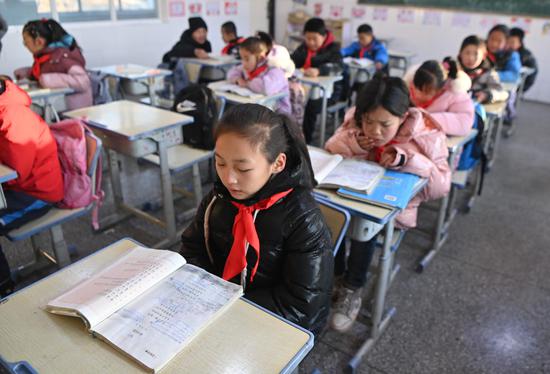


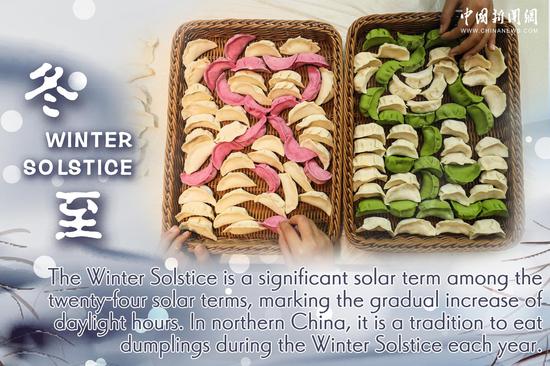

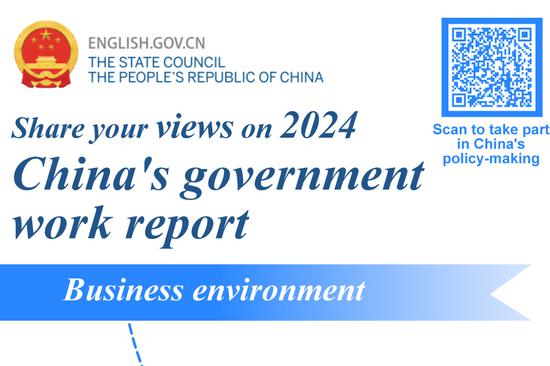



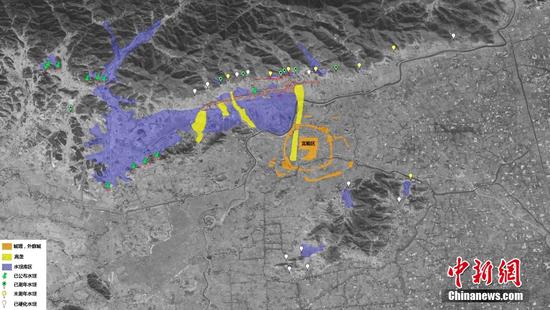
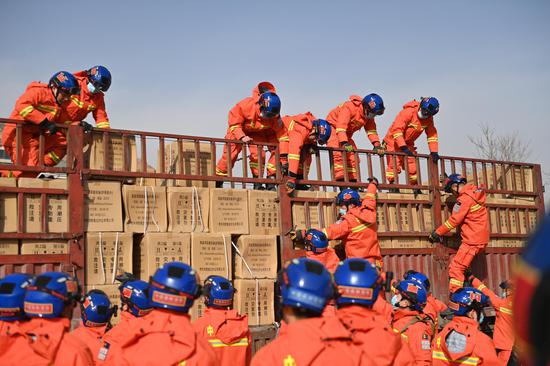




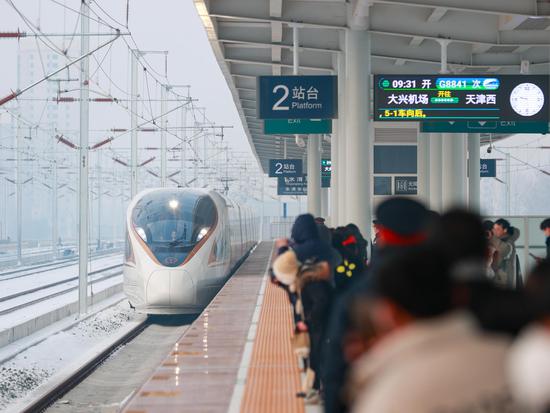




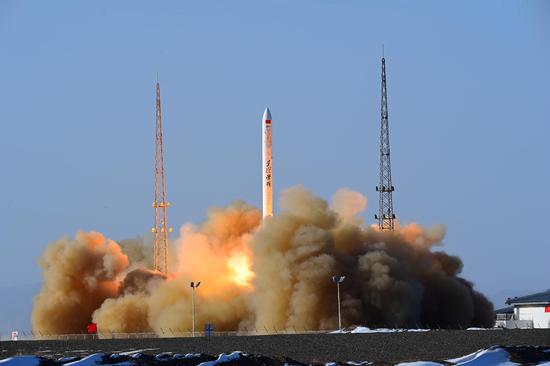

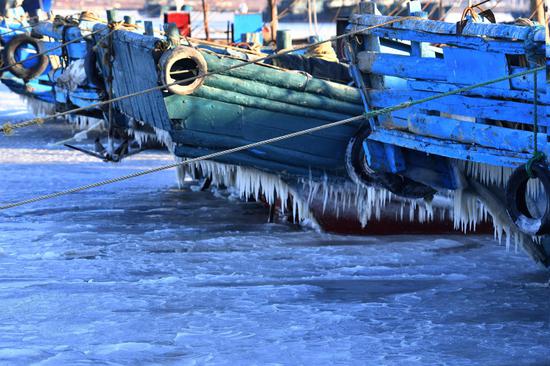
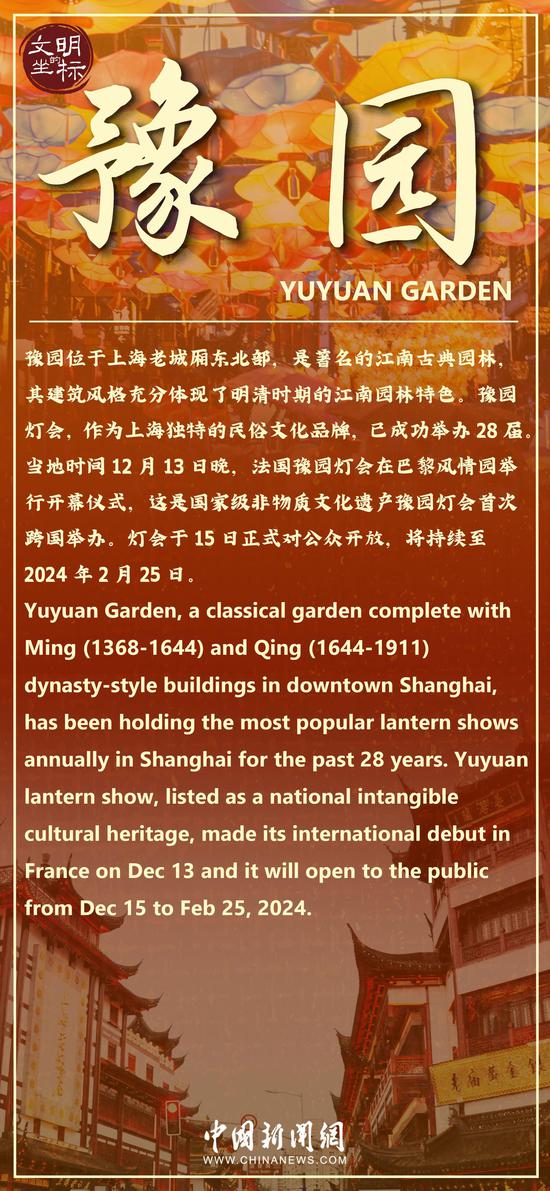
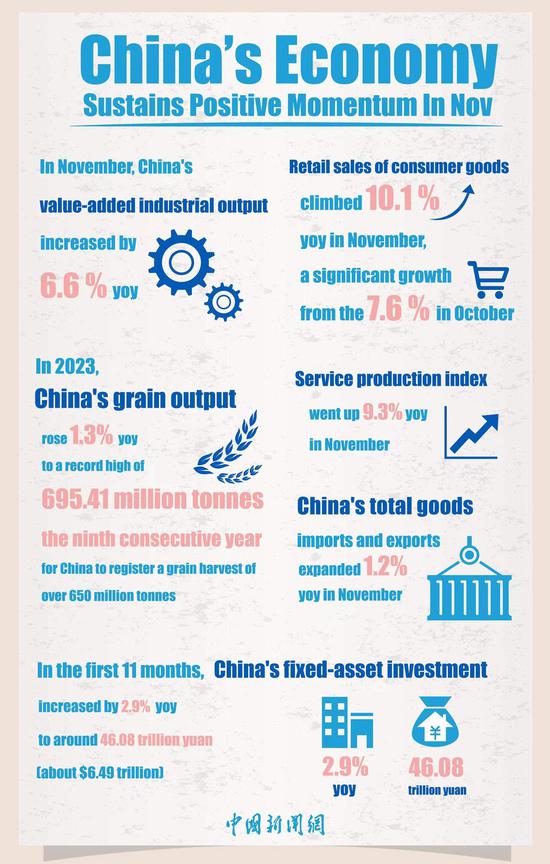



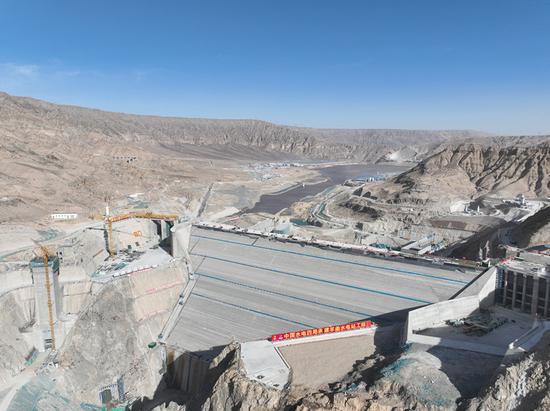

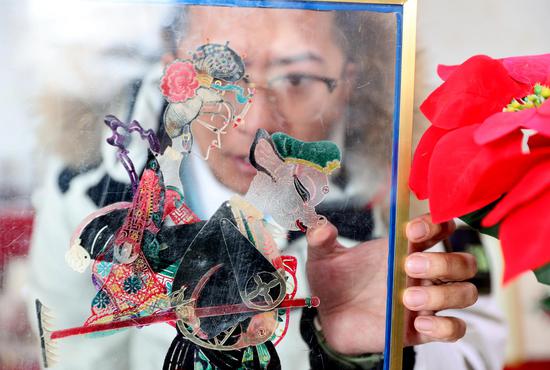





 京公网安备 11010202009201号
京公网安备 11010202009201号